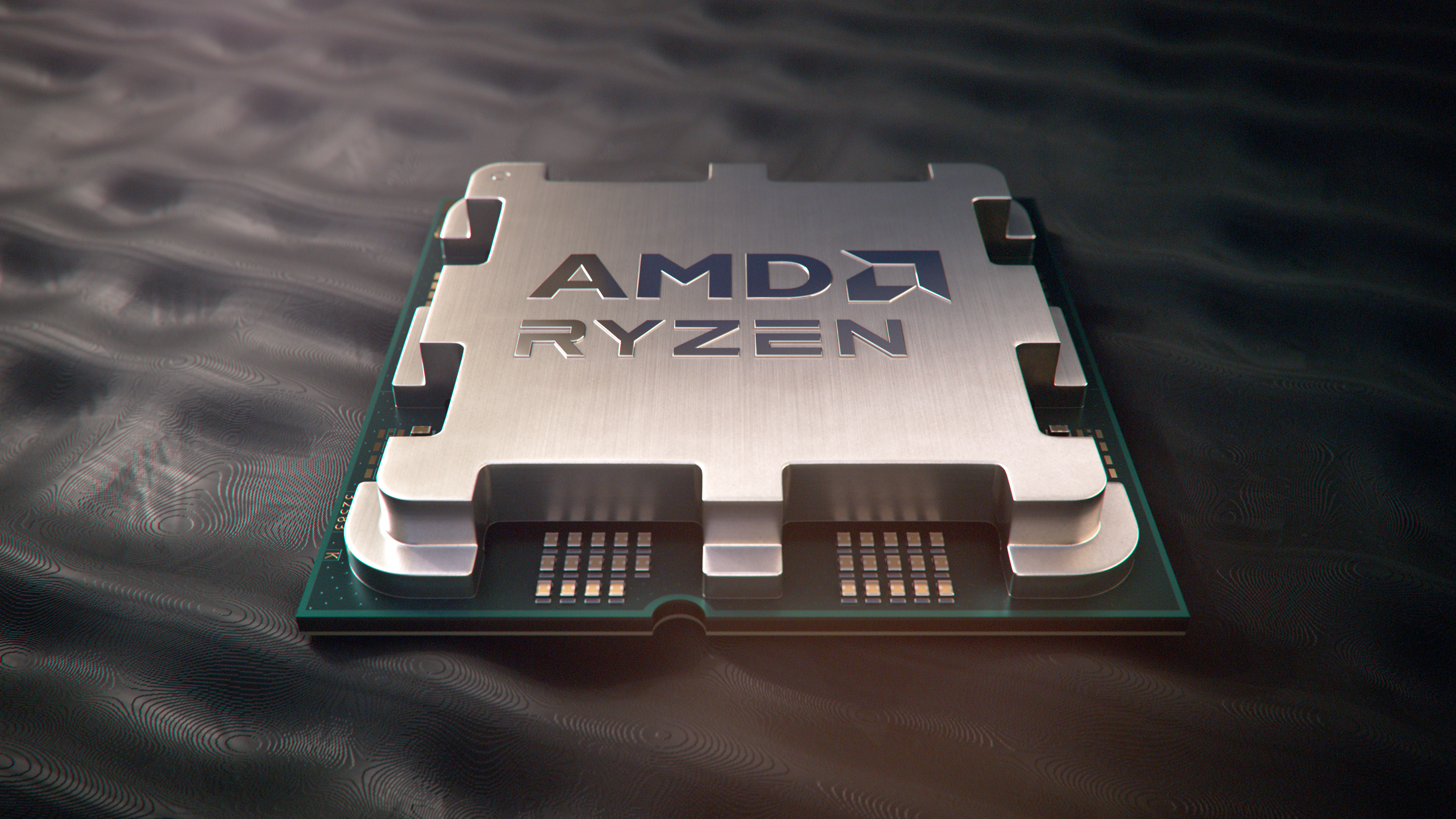Wish your Ryzen CPU was faster? Good news – a Windows 11 patch coming soon will give all newer AMD chips a free speed boost
Optional update offers gaming boost for Ryzen 9000, 7000, and 5000 CPUs, with a full version in the 24H2 update

AMD’s Ryzen 9000 (Zen 5) processors, and some previous Ryzen generations, are going to get a performance boost courtesy of an update to Windows 11 in the near future.
An optional patch Microsoft is set to roll out “soon,” according to AMD, will ensure faster frame rates in games (and overall performance elsewhere) for Ryzen 9000, 7000, and 5000 processors – but the biggest gains will be delivered to the new Zen 5 CPUs.
This news was delivered via a blog post that AMD published on the disparities between its internal Ryzen 9000 benchmarking and the findings of many reviewers for gaming benchmarks – and that’s the main reason for this patch being implemented.
AMD’s internal testing showed a 9% generational uplift in gaming at 1080p resolution for Ryzen 9000 over Ryzen 7000 CPUs, but reviewers were finding more modest percentage uplifts (closer to 5% than 10%).
AMD went over the reasons for this in its post, which includes variances in PC and Windows configurations, and critically, the use of a ‘hidden admin account’ in its internal testing, which is something Team Red has already talked about (indirectly, anyway).
AMD tells us in the post: “The Zen 5 architecture incorporates a wider branch prediction capacity than prior Zen generations. Our automated test methodology was run in ‘Admin’ mode which produced results that reflect branch prediction code optimizations not present in the version of Windows reviewers used to test Ryzen 9000 Series.”
AMD notes that this “optimized AMD-specific branch prediction code” is going to be delivered as part of the inbound Windows 11 24H2 update. However, as Ryzen processor owners will likely be keen to get this speed boost, as mentioned at the outset, AMD is working with Microsoft to push out an optional Windows 11 update soon that’ll contain said performance improvements.
Get daily insight, inspiration and deals in your inbox
Sign up for breaking news, reviews, opinion, top tech deals, and more.

Analysis: Don’t forget about the nature of optional updates
Do note that as an optional update, this performance improvement will carry its own risks – these updates for Windows 11 are previews, and still in testing, so may have unexpected side effects.
Whatever the case, all Windows 11 users will get the fully finished patch to pep up Ryzen CPUs in the 24H2 update, which could arrive as soon as September in theory – but will probably debut later in 2024. (And if you think about it, the fact that an optional patch is being deployed here – to tide over Ryzen gamers – very much points to 24H2 not arriving for a while yet).
It’s also important to underline that while Ryzen 9000 processors will get the biggest boost, the update will improve performance for Ryzen 7000 and 5000 chips as well – just not as much. That said, Hardware Unboxed’s previous testing suggests that Ryzen 7000 CPUs will get fairly close to the same benefit as Ryzen 9000 (based on purely switching to the admin mode in Windows 11 right now – not something we recommend you do, we should hastily add, for security reasons discussed previously).
AMD provides a few figures in the post comparing Windows 11 24H2 (preview) with the current 23H2 release version, and there is indeed a fair difference in the frame rates achieved in some games with a Ryzen 9 9950X – as much as 13% with Far Cry 6, and 7% with Cyberpunk 2077. (Which incidentally, in the latter case, was the same percentage uplift Hardware Unboxed found).
However, some games exhibited little or no change (3% for Hitman 3, and no difference at all with Watch Dogs: Legion), so this won’t be a panacea for noticeably better frame rates all around – but some titles will clearly see a boost, and the average gains we’re looking at are definitely worth having.
Via KitGuru, VideoCardz
You might also like
Darren is a freelancer writing news and features for TechRadar (and occasionally T3) across a broad range of computing topics including CPUs, GPUs, various other hardware, VPNs, antivirus and more. He has written about tech for the best part of three decades, and writes books in his spare time (his debut novel - 'I Know What You Did Last Supper' - was published by Hachette UK in 2013).